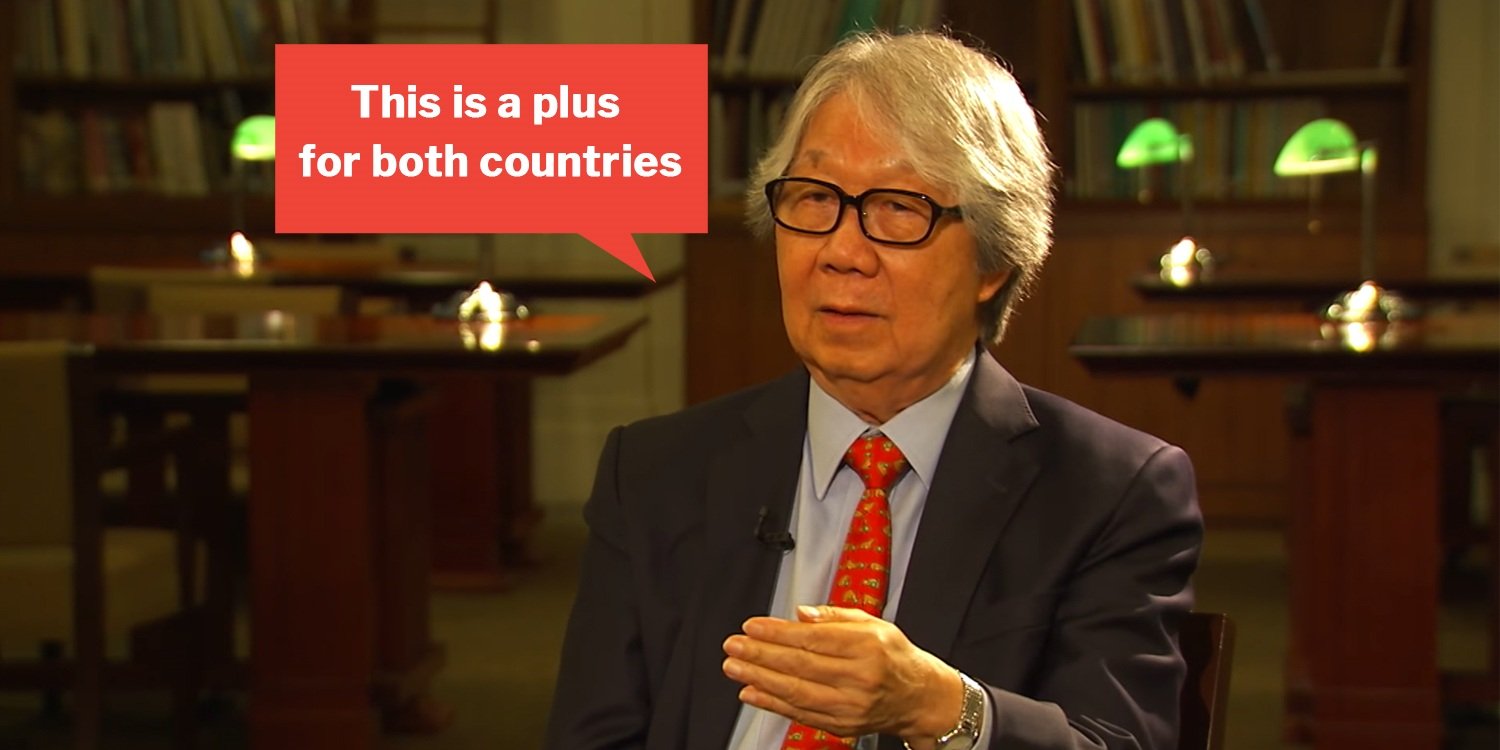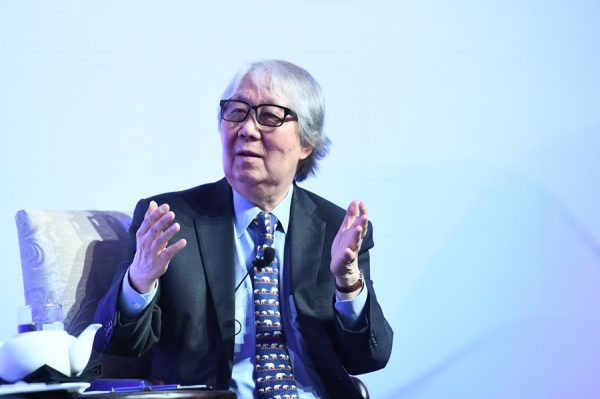Tommy Koh Says CECA Brought Many Benefits To Singapore & India
Last month, a video showing a condo resident, who is an Indian national, yelling at a security personnel over a $10 parking fee had gone viral.
While members of the public were outraged by the resident’s ‘entitled’ behaviour, the incident also thrust the Comprehensive Economic Cooperation Agreement (CECA) into the spotlight.
Some netizens criticised the agreement for “opening the floodgates” for Indian nationals to migrate to Singapore and compete with locals for jobs.
On Saturday (23 Nov), The Straits Times published an op-ed written by veteran diplomat Tommy Koh regarding his thoughts on Singapore’s Free Trade Agreements (FTAs), which includes CECA.
In short, Prof Koh claims that as long as Indian professionals are coming in to fill gaps and not displace locals, CECA is mutually beneficial to both countries.
The full op-ed can be found here. It’s pretty long, but a very informative read. We summarise some of his points pertaining to CECA below.
3 ways CECA benefitted Singapore, according to Prof Tommy Koh
For some background knowledge, CECA was signed between Singapore and India in 2005. The agreement lowers barriers for trade and movement of people between the 2 countries.
Now, what does Prof Tommy Koh know about such agreements?
Well, he was a key figure of the Singapore delegation that negotiated our FTA with the US. He even chaired 2 World Trade Organisation dispute panels, according to his sign-off in The Straits Times.
So how has CECA benefitted Singapore? Prof Koh listed 3 points:
- Removed most tariff barriers that Singapore firms face entering India
- Allowed DBS and UOB to provide integral banking services in India
- Established a framework for intellectual property rights and dispute settlement in India
On the other hand, CECA also allows for intra-company transferees, letting Indian nationals work in Singapore for a specific duration.
CECA does not guarantee jobs for Indian nationals
However, Prof Koh also addressed some misconception regarding CECA.
Firstly, the agreement does not guarantee Indian nationals with jobs in Singapore.
They are also not accorded preferential treatment over the locals.
Lastly, Indian nationals must also meet the work-pass qualifying criteria before they are allowed to work here.
India has a talent surplus while Singapore, a talent deficit
Over the 14 years since CECA was signed, Prof Koh claims that CECA has brought “many benefits” to both Singapore and India.
Particularly, he pointed out that India has a “talent surplus” while Singapore is running a “talent deficit”.
In ending, Prof Koh said that so long as Indian talents are brought in to “fill the gap”, and not to displace Singaporeans from their jobs, CECA remains mutually beneficial for both countries.
Do you agree with Prof Tommy Koh’s view on CECA?
In a time and age when fake news spreads as easily as butter, it’s good to see respected figures like Prof Koh stepping out to share their thoughts on important issues and debunking untruths.
What are your thoughts on Prof Koh’s explanation? Share your thoughts in the comments below.
Featured image adapted from YouTube.











